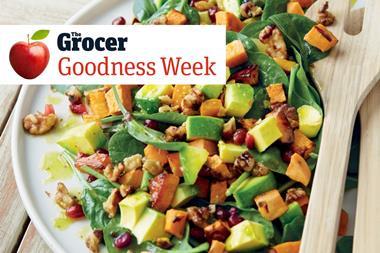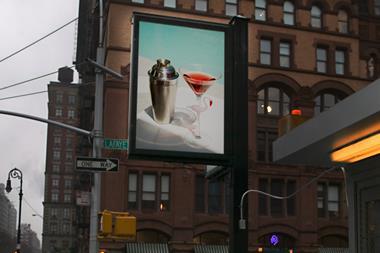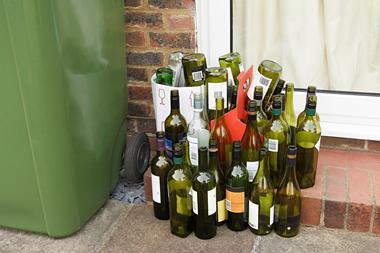Over the past few months, farm milk prices have been rising dramatically. The terrible growing season last year in UK and Ireland created forage shortages over the winter. This, combined with our late spring, has caused an early grazing crisis in the Republic of Ireland with hay and forage having to be bought in from England and France to feed new calves.
The situation in England is just as bad, with farmers clamouring to buy any feed available. The terrible spring means the cows were out four weeks late and our first cut of silage is over a month late to cut, and poor in volume.
The ‘cupboards’ are truly bare. There are now no spare forage stocks in the UK and Ireland at all. The pattern of further shortages has already been sown by late maize planting and cold nights, with some cows being brought back in and buffer-fed.
The supply chain is on a knife edge. If this were 15 years ago, it would not be so critical as we would have had intervention stocks available to feed the nation this autumn. But there are no stocks of dairy products anywhere in the EU, so a crop failure this summer will lead to serious dairy commodity shortages.
“With hindsight, were our food mountains built by clever people?”
I was always critical of the old intervention system, with all the bureaucracy and cost of maintaining those mountains of food. But with hindsight I now ask myself: were these mountains built by clever people who, having experienced shortages first hand, fully understood their harmful effects?
When we look at the potential for food shortage and its effect on the UK economy, maybe intervention was worth it. Maybe these ‘old duffers’ who used to talk about ration books and the value of a ‘safe job’ were on to something. It certainly could insulate us against these bouts of food inflation and smooth out the market curves, particularly as we move to a post-quota industry, where the market cycles will be shorter and more aggressive.
In these extreme times, should we be asking the government to encourage the storage of baseline dairy products such as butter and powder? The UK is overly exposed to food shortage and another crisis such as foot and mouth is too big a risk for the country and Europe to carry without any food reserves.
World demand for food has never been stronger and prices achieved from the Middle East, Far East and South America are good, but this just exacerbates the risk of food shortages here. Europe is no longer an economic powerhouse that can be guaranteed to strong-arm food supplies from other, poorer continents.
UK politicians, suppliers, processors and retailers need to work together to nurture this fragile supply chain, because the risk we carry today is too high. Confidence in farming is desperately needed to prevent equestrian centres and holiday lets replacing the productive capacity of our nation’s food.
Let us learn the lessons horsemeat has taught us: keep your friends close and your farmers closer! Local farmers will always provide the food security we need, but in return we must look after them and not take our food supply for granted. It may not always be there.
Richard Clothier is managing director of Wyke Farms



















No comments yet